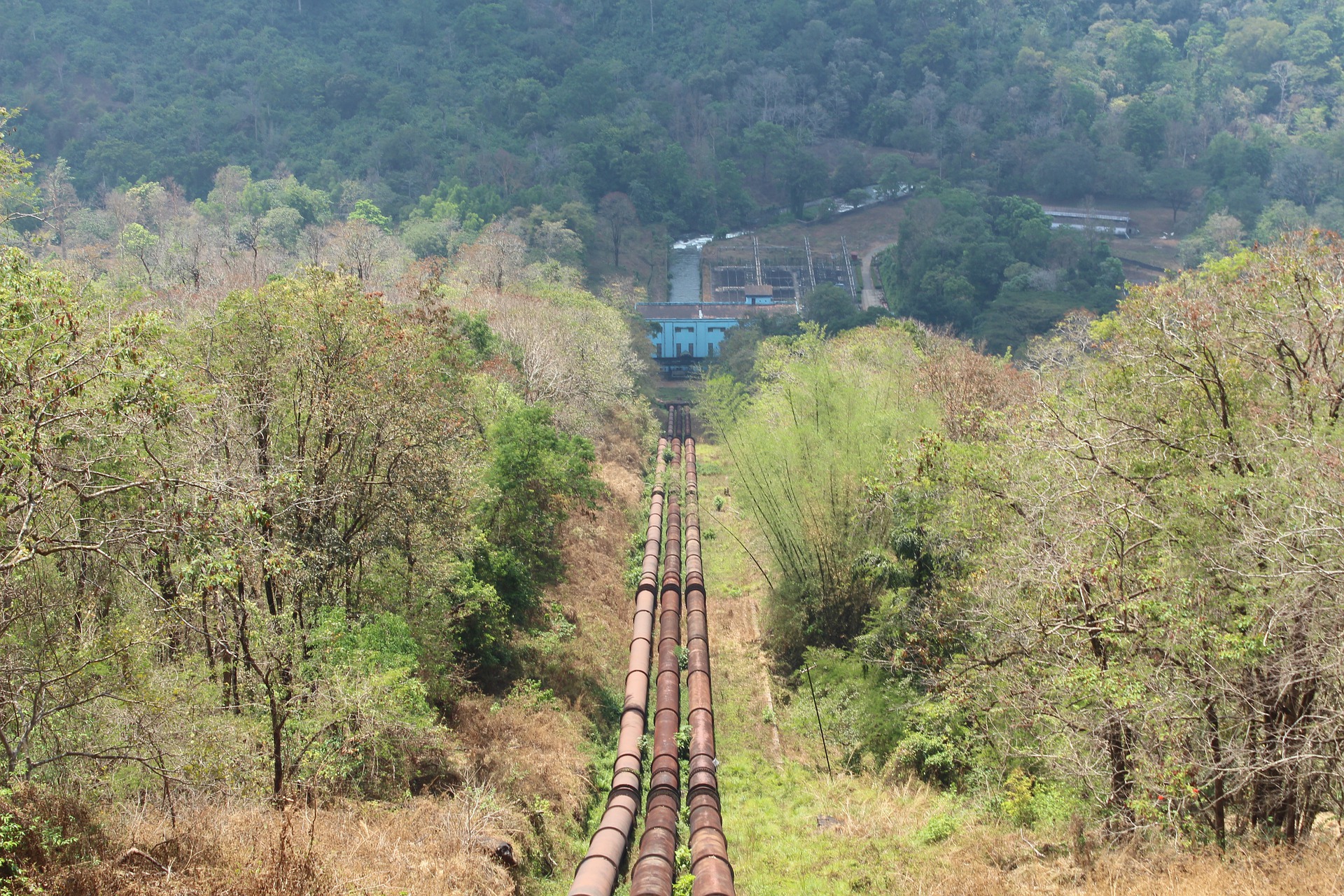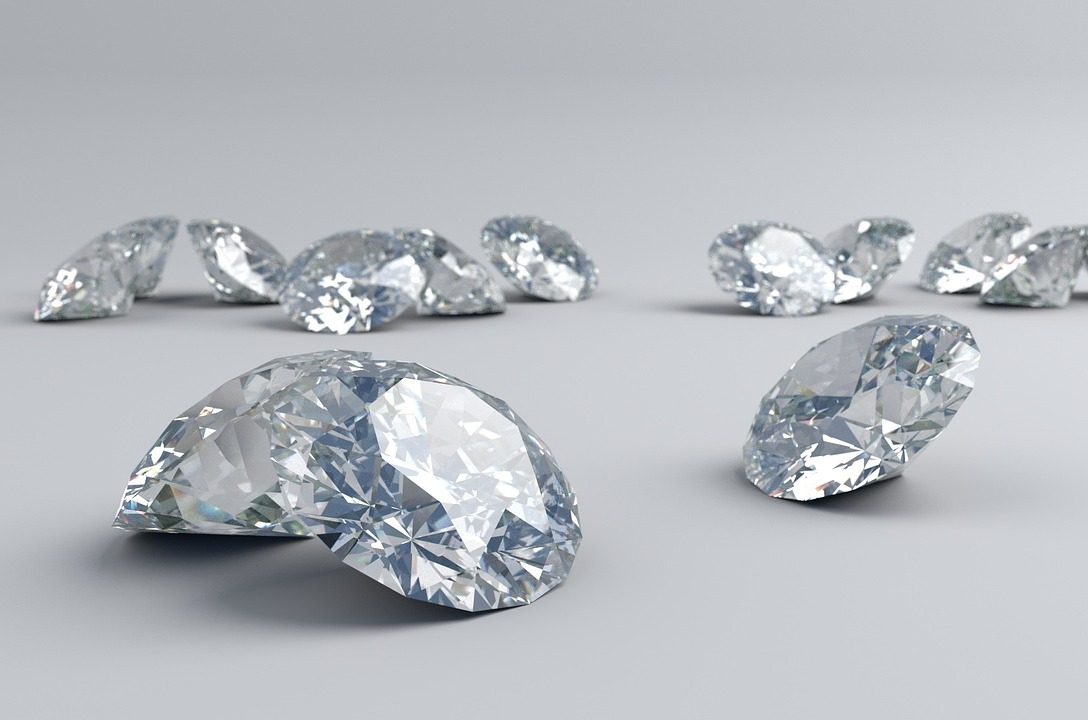
"If enough of us take a stand and speak out, we will succeed in changing these decisions."Continue reading

Although the world media is treating the subject conspicuously sparingly, the exemption of Russian diamonds from sanctions is something that still raises eyebrows at a time when essential products such as oil, gas, or agricultural products are facing the ban.
The Belgian government has turned out to be the most vocal advocate of the continuing import of Russian diamonds aiming to protect its multi-billion dollar gemstone industry in Antwerp, one of the largest diamond trading hubs in the world. Although the US government has taken a firmer stance on the Russian stones, reportedly the gems are still finding their way to workshops of diamond dealers in New York through Indian companies.
All this despite the Russian diamond industry being heavily linked not only to the Kremlin’s power structures but also to the Russian military. The largest of the Russian diamond companies, Alrosa PJSC, is still doing a brisk business as we speak, even though there is a Russian submarine named after the company.
So why is the Russian diamond industry welcome to trade with the country that houses some of the EU’s key institutions, while European industry is sinking in debts due to the punishing gas and oil prices, and ordinary European consumers are freezing in their homes because of the energy sector sanctions?
It is almost impossible to trace back the sponsorship of the EU’s Russian diamond exemption to one person or institution, but the most frequently quoted name in connection with the continuing European-Russian diamond trade is Belgian Prime Minister Alexander De Croo. It is he who has been often quoted as saying that Belgium is not blocking any sanctions against the Russian diamond trade, but at the same time “the Commission always reasons that if we take measures, the impact on Russia must be much greater than on us. Should Belgium stop importing diamonds, the trade would move to Dubai in one day. In that case, the impact on Russia would be zero, but the impact on Europe would be very great.”
It is an argument that could easily be applied to oil and gas products as well, now being sold to China and India, while fossil fuels are also arguably a more essential product than diamonds mostly used in the luxury industry. Yet this is exactly the same argument that Tom Neyes, a spokesman for the Antwerp diamond industry, has employed, saying that the move would not hurt Russia at all, instead it would only mean a relocation of the industry to countries where ethical standards are lower, resulting in thousands of job losses in Belgium.
While those who continue to argue about the exemption of other carbon products such as oil and gas from under the sanctions regime are often labeled as Putin’s agents within the EU, lobbying for the continuing flow of the precious stones from Russia does not seem to get such bad press. In fact, Alexander De Croo’s party, the Open Flemish Liberals and Democrats (Open VLD), are part of the liberal Renew Europe faction within the European Parliament, which has been the most vocal block advocating a tough stance on Vladimir Putin and those they perceive or label to be his friends in the EU.
One of Croo’s liberal Open VLD colleagues in the EP, Guy Verhofstadt, has in recent years led the fight against Viktor Orbán in the EU, accusing him of playing into the Russian president’s hands by building a “Putinesque dictatorship,” while filing no objections against the continuing trade with Russian diamonds. Another one of the passionate advocates of tough sanctions, equally from the Renew Europe family, liberal politician Sophie in ‘t Veld (D66) had been at the forefront of condemning those who would argue against blocking the ban on Russian gas and oil. “Breaching sanctions means undermining European unity, our collective foreign policy, and our security. We must label such crimes accordingly” in ‘t Veld. The Dutch politician did not have any objections against the Belgian-Russian diamond business though.
At the same time, Ukrainian President Volodymyr Zelenskyy urged members of the Belgian Parliament to stop the city of Antwerp from dealing in the precious stone. “You can do more to help us,” Zelenskyy told Belgian MPs. “I think that peace is more valuable than diamonds in shops,” he said.